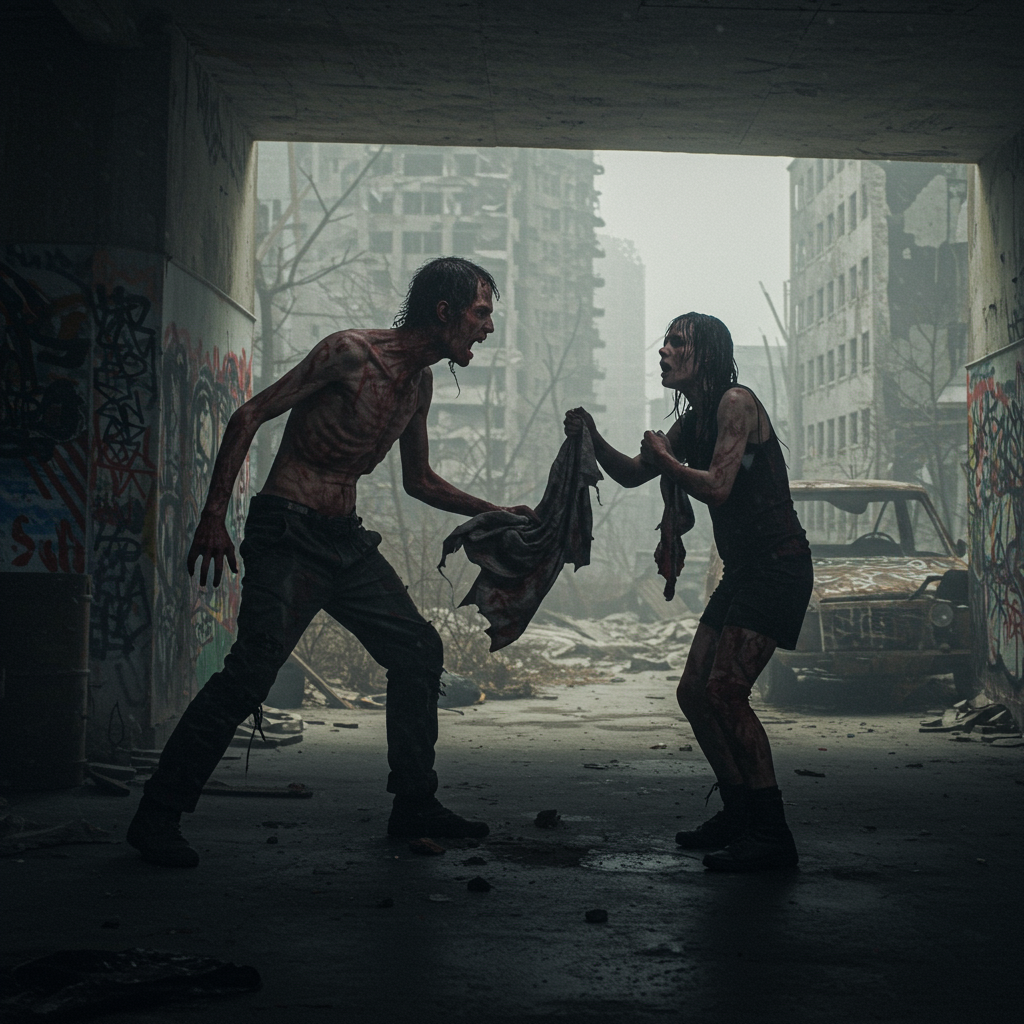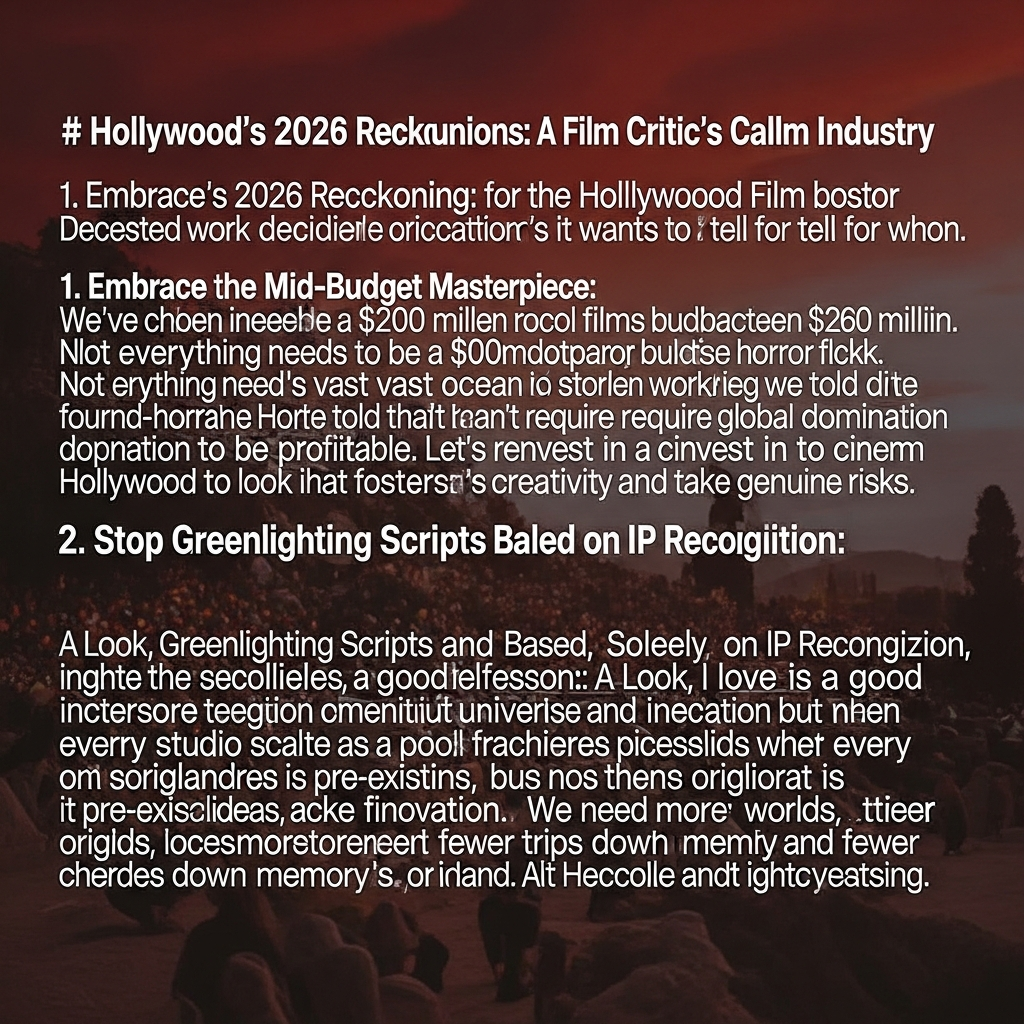While the 28 Days Later franchise is renowned for its terrifying, rage-fueled “Infected,” these films consistently delve into a horror arguably more profound: the dark side of human nature. 28 Years Later, the latest installment, continues this tradition, featuring a scene that many viewers found surprisingly more upsetting than any zombie encounter.
The series has long explored how primal impulses and moral failings surface during an apocalypse. The original 28 Days Later shocked audiences with the reveal of an army brigade preying on survivors for sexual enslavement, and 28 Weeks Later hinged a tragic outbreak on a moment of human weakness and misguided reunion. 28 Years Later introduces unsettling new mutated Infected variants, including the formidable “Alphas,” but its most devastating blow comes from within a seemingly safe community.
A Father’s Betrayal Amidst Celebration
The scene that stands out involves the film’s young protagonist, 12-year-old Spike (Alfie Williams), and his father, Jamie (Aaron Taylor-Johnson). It occurs immediately following a community celebration on their isolated island home, marking Spike’s successful “first kill” of an Infected on the mainland. This moment is meant to be one of the proudest and happiest days of Spike’s difficult life.
However, amidst the boisterous party atmosphere, a disillusioned Spike steps away and witnesses his father sneaking off to engage in a sexual act with another woman, Rosey (Amy Cameron). This happens while Spike’s mother, Isla (Jodie Comer), lies back home, dying from a mysterious, debilitating illness.
Why This Moment Resonates
The betrayal witnessed by Spike is rendered particularly tragic by its timing and context. It caps off a day filled with external horrors – a dangerous trip to the mainland with his father, a terrifying encounter with aggressive Alpha Infected, and a harrowing escape back across the tidal causeway. Spike looks up to Jamie, seeing him as fearless and in control in the face of external danger.
Yet, at the party, Jamie’s facade cracks. He lies about Spike’s hunting prowess, potentially to protect his own ego. Then, the ultimate act of infidelity, contrasting sharply with his seemingly resigned demeanor when caring for his ill wife. For Spike, who has faced unimaginable external threats, this exposure to the “harsh realities” and “sobering truths” of his own home life, and his father’s flawed humanity, is a profoundly devastating coming-of-age moment.
The film positions this raw depiction of human moral failure – a father’s infidelity while his wife is dying – as a horror that cuts deeper for the young boy than the physical threat of the Infected he encountered earlier.
Spike’s Journey and the Film’s Core
28 Years Later functions as a bildungsroman for Spike, charting his difficult path into adulthood. His journey is central, also driven by his desire to find a rumored doctor on the mainland who might cure his mother’s illness. Alfie Williams delivers a performance praised for its realism and emotional depth, capturing Spike’s shift from naive idolization to devastating realization.
The film’s power, noted by critics, lies in its blend of intense action and genuine emotion. Director Danny Boyle and writer Alex Garland, returning to the franchise, successfully weave a narrative where moments of unflinching gore coexist with a disarmingly emotional arc, particularly concerning Spike and his mother.
While showcasing the evolution of the Infected and the desolate beauty of a post-apocalyptic Britain (captured with a distinct visual style, reportedly even filmed partly on iPhones), 28 Years Later ultimately finds its most unsettling material in the complexities and failures of human character. Like its predecessors, it suggests that in a world overrun by monsters, the actions of ordinary people can be the most terrifying thing of all.



